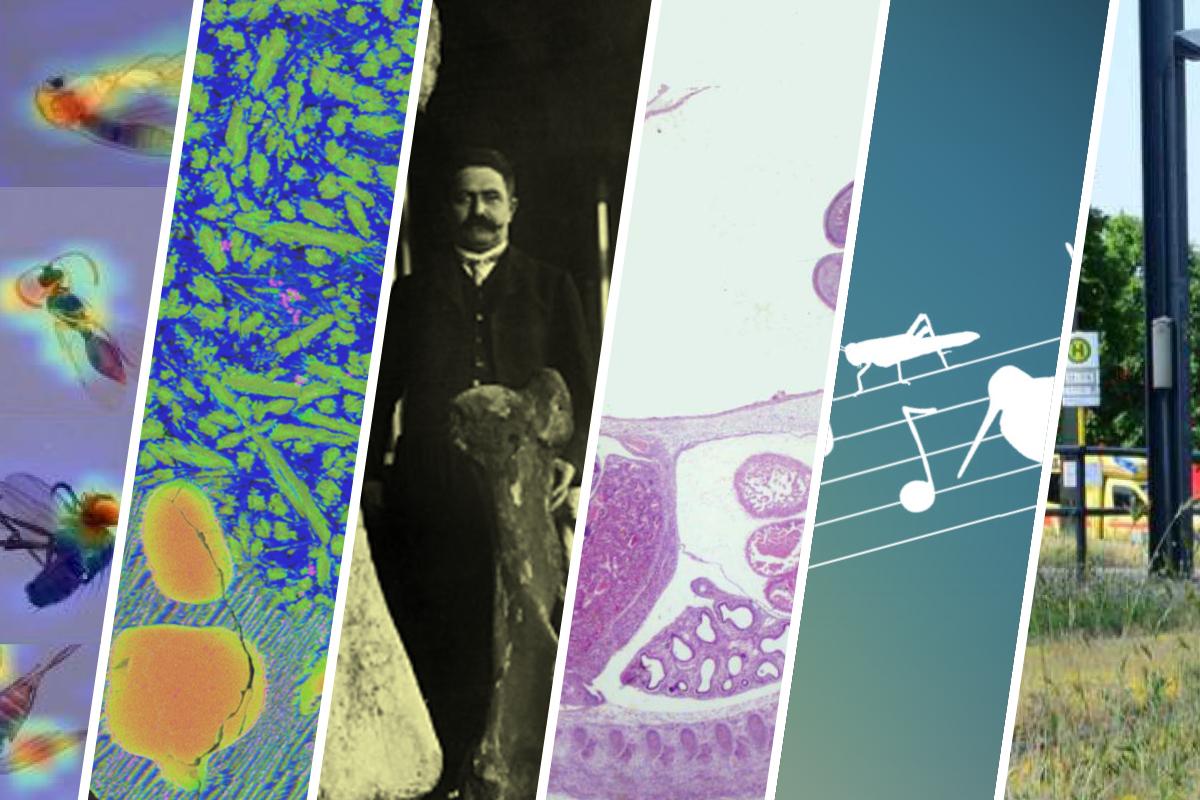As a research museum of the Leibniz Association, we are aware of our scientific and social responsibility. We therefore combine research and knowledge transfer with integration and openness! That is why we continue to develop our collection - into a source of sound knowledge, innovation, economic value creation, participation and inspiration for users of all backgrounds. Our collection is the basis for socially highly relevant research on natural and cultural heritage in a globalised world, as well as on questions of how to deal with the shared heritage of humankind and its respectful use today.
In this process, we aim to create space for a diversity of voices from different societal, cultural, social as well as geographical backgrounds to engage in conversation to develop research questions on the challenges of the 21st century, leading to well thought-out answers and solutions in the spirit of Planetary Health. The integrated and open approach enables novel, multi-perspective forms of research and knowledge transfer.
The Future Plan of the Museum für Naturkunde Berlin is the basis for this vision. Interdisciplinary research clusters have been anchored in the Collection disclosure and development project as an essential part of the Future Plan. These research clusters contribute to this in cooperation with national and international partners,
- generate new knowledge using state-of-the-art methods,
- enable social and technical innovation and value creation,
- inspire people to shape a future worth living,
- reflect our science and privilege in social terms,
- strengthen cooperation and respect locally, regionally and globally.
Nature, when explored, also provides guidance and foundations for a long overdue and fundamental transformation. Research at the collection of the Museum für Naturkunde Berlin opens up unique views of the cosmic foundations of life (Cluster: Early Solar System) and of the impact of humans on Earth (all clusters); it explores nature and life since its inception and in the present (Cluster: AutoBio, Cluster: NaturBerlin, Cluster: Embryology & Evolution, Cluster: SoundEvolution); it creates foundations for participation and verifiable predictions as well as interpretive spaces on the significance of nature for societies (Cluster: NaturBerlin, Cluster: OpenHeritage, Cluster: SoundEvolution).
